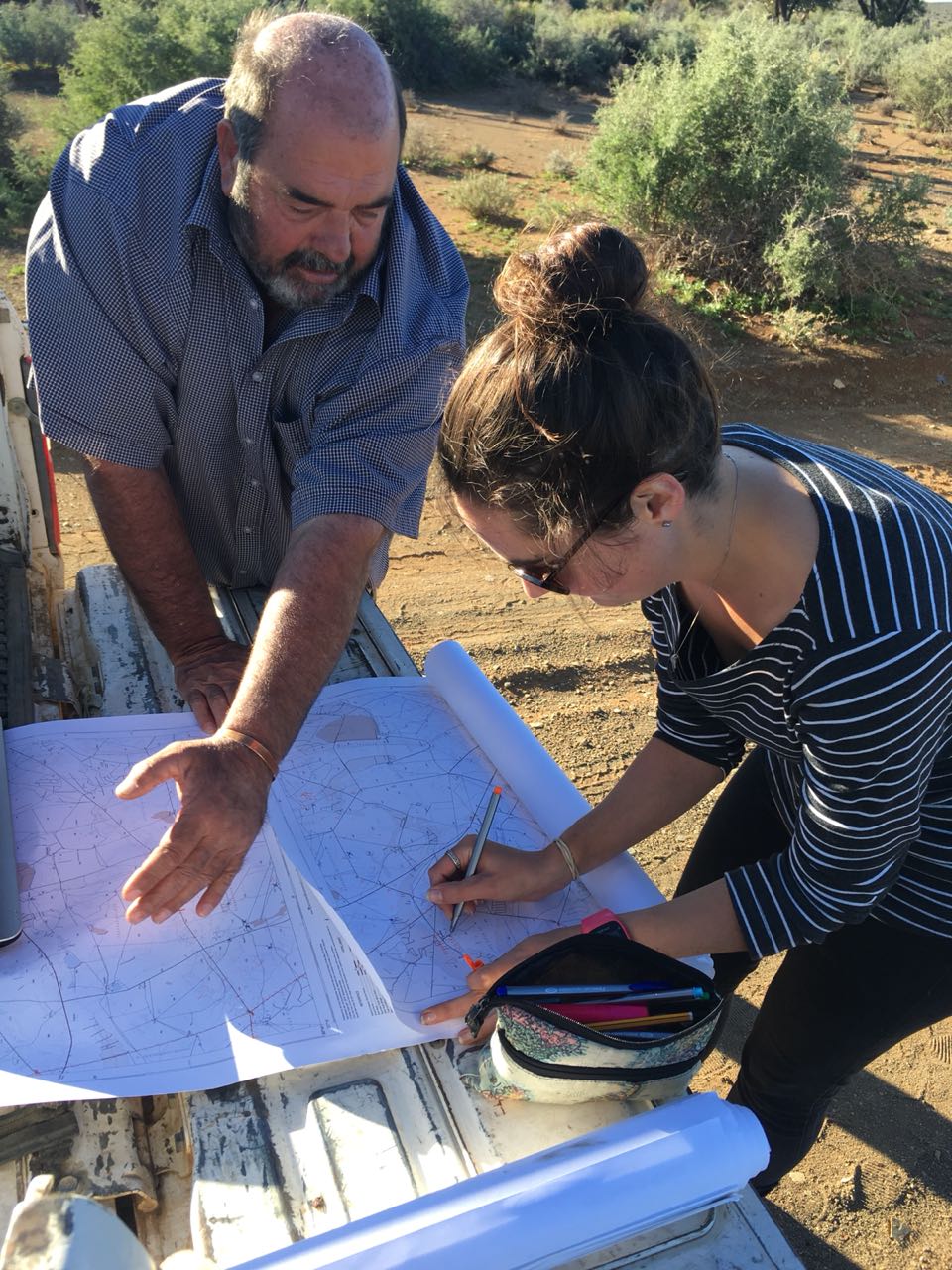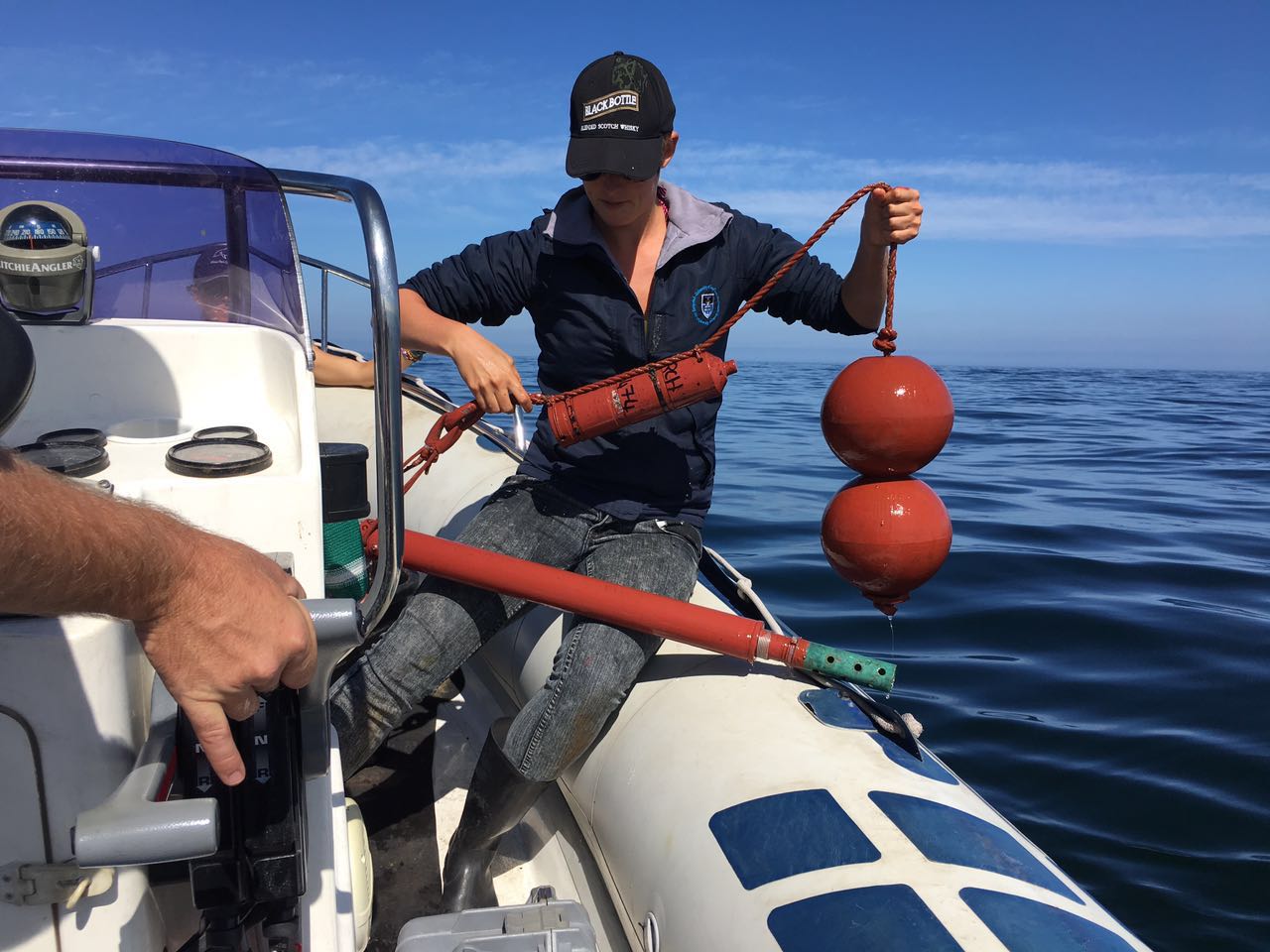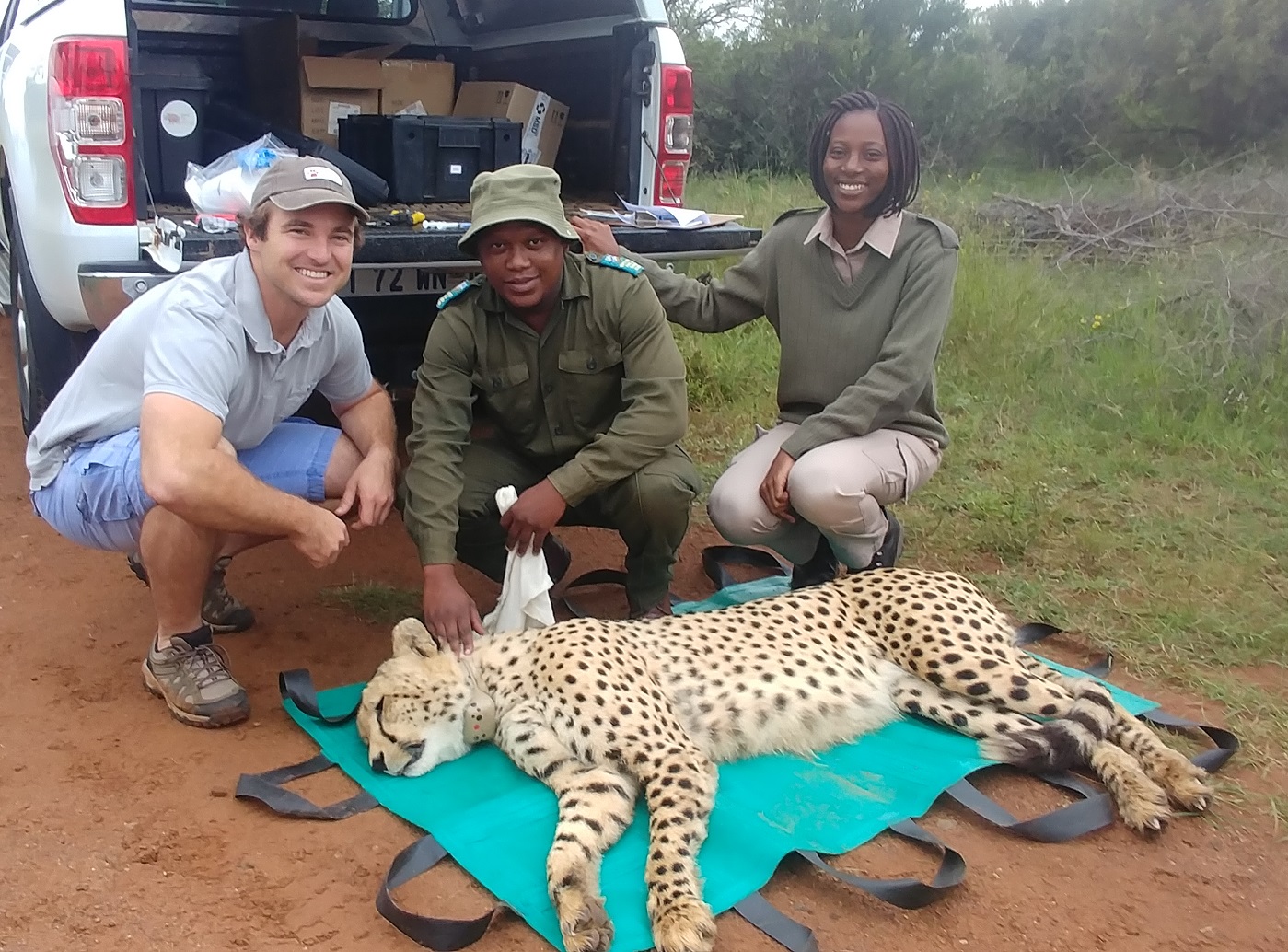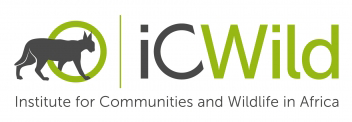|
Jump to: Problem-driven research · Influencing policy and practice · Capacity building |

From contending with apex predators in and around farmlands, to managing inner-city ‘pest’ animals that thrive in human-transformed landscapes, human-wildlife conflicts and conservation conflicts (conflicts between people over how to manage wildlife) are as diverse as they are pervasive. Yet these conflicts exact costs, frequently leading to the injury, persecution and death of wildlife, and even threatening the lives, livelihoods and wellbeing of people.
The Institute for Communities and Wildlife in Africa (iCWild) is an inter- and transdisciplinary intellectual community dedicated to mitigating human-wildlife conflict, improving human wellbeing and protecting biodiversity in Africa. We seek sustainable, cooperative solutions to conflict by conducting problem-driven research, engaging with key stakeholders to influence policy and practice, and building the capacity of conservation researchers and practitioners.
Problem-driven research
iCWild strives to understand each conservation conflict from ecological, social and governance perspectives. To identify entry points for our scientific research we map out and engage with key stakeholders from communities, industry, government and NGOs, to learn about their experiences, challenges and conflict management methods. This engagement provides essential understanding of the human dimensions of the conflict, and helps to create the space to forge cooperative solutions.
We also investigate the population dynamics and behavioural ecology of the wildlife in question to determine potential conflict prevention and mitigation methods. Where relevant we include historical, political, socio-economic and cultural analyses to ensure that the needs of wildlife are balanced with cultural and social imperatives.
At multiple stages of our research we communicate our findings back to these key stakeholders to influence policy and practice. We pay particularly close attention to how our science is interpreted, how it is used to guide management decisions, and how it shapes values and behaviour towards wildlife.
Influencing policy and practice

iCWild’s focus is on conservation research. Yet the greatest value of our science is what it can offer to policy and practice. To ensure that our research findings influence management protocols and policies at appropriate scales, we engage widely with national, provincial and municipal policy-makers, primarily using workshops to promote effective and productive dialogue. We also collaborate with NGOs – including Panthera, the World Wildlife Fund, Endangered Wildlife Trust – providing scientific support (student fieldwork, analyses) to refine and improve conservation practice. Finally, we support organisations in the private sector, such as Forestry South Africa, to understand how to minimise their impacts on wildlife, and to reduce the impacts of wildlife on their industries.
In our experience some chronic conflicts are complicated by a lack of trust, lack of respect for different opinions and perspectives, and even questions over the value of science in addressing such conflicts. We try to resolve this tension by developing constructive relationships with the people engaged in conflict, working to foster extensive collaborative links, and encourage and facilitate communications among all stakeholders.
Capacity building

Straddling the academic disciplines of biology and sociology, and shaped by a range of factors such as history, identity, governance, regional politics, and economics, human-wildlife conflicts and conservation conflicts are complex. At iCWild we believe it is important to build the skills for managing and researching this complexity. To do this, we not only train our students to collect data that enhances the understanding of the drivers of conflict for both wildlife and people, but – particularly at the PhD level – we teach them to interpret their results within the historical, political, legal, economic and social contexts of each conflict. It is our conviction that this approach inspires students to think differently about old problems and to work collaboratively across disciplines, organisations and sectors. Through this training we support the development of a pipeline of skilled professionals into conservation research, practice and policy.
We also believe that, through our collaboration with the organisations responsible for conservation policy and practice, we bolster the abilities of the individuals within them to understand and manage wildlife, and to manage and mitigate conflicts.
